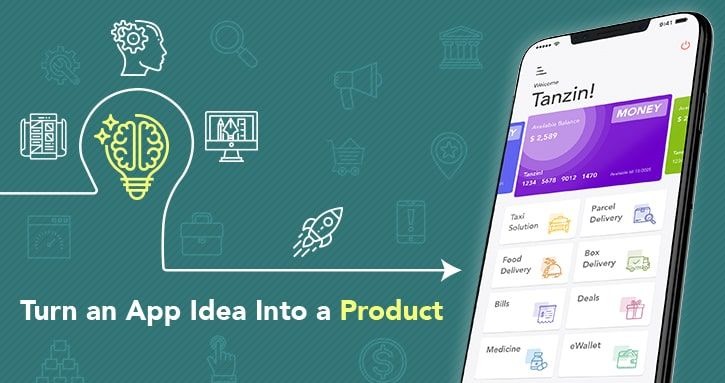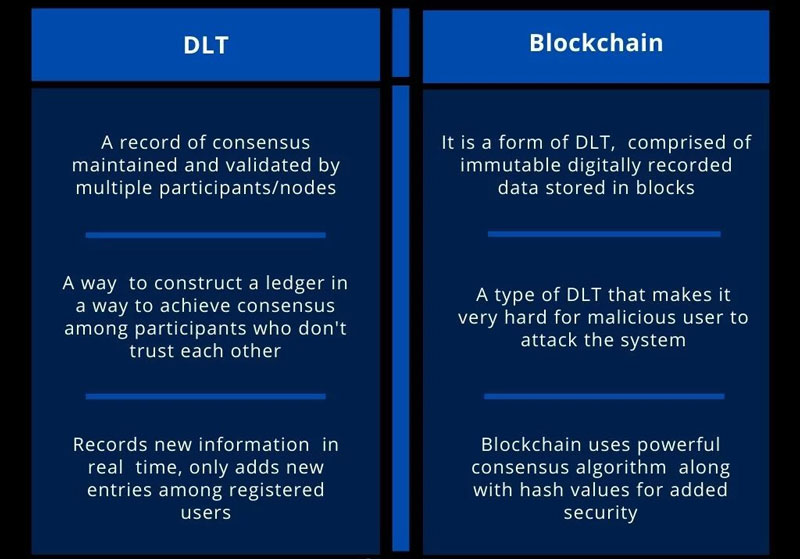How to Start an App: From an Idea to a Product Launch

Bringing an app to life is a thrilling venture, one that begins with a spark of an idea and culminates in a successful launch. The process, however, is multifaceted, involving meticulous planning, development, and execution. Here's a comprehensive guide to navigate the path from ideation to launching your app:
I. Ideation and Conceptualization
Inspiration Strikes: Identify a problem or a need within a niche that your app can address. Research existing solutions and analyze their strengths and weaknesses.
Defining the Core Concept: Clearly outline the purpose, functionalities, and unique selling points (USPs) of your app. Create a value proposition that resonates with your target audience.
II. Market Research and Validation
Understanding the Audience: Conduct thorough market research to understand your target demographic, their preferences, pain points, and behaviors.
Validation and Feedback: Create prototypes or MVPs (Minimum Viable Products) and gather feedback from potential users. Iterate based on their insights to refine your app.
III. Planning and Development
Crafting a Roadmap: Develop a detailed plan encompassing design, development, testing, and deployment phases. Establish timelines and milestones.
Selecting the Right Tech Stack: Choose suitable technologies and frameworks that align with your app's requirements.
Building and Iterating: Collaborate with a skilled development team to build the app, continuously iterating and refining the features.
IV. Testing and Refinement
Quality Assurance: Rigorously test the app for functionality, usability, security, and performance. Address any issues or bugs encountered during testing.
User Experience Enhancement: Prioritize user feedback and make necessary adjustments to optimize the app's usability and experience.
V. Launch and Marketing
Pre-launch Strategy: Prepare a robust marketing plan encompassing app store optimization (ASO), social media campaigns, influencer outreach, and PR strategies.
Launch Day: Execute a captivating launch, monitoring app performance and addressing any immediate concerns.
Post-launch Engagement: Continuously engage with users, gather feedback, and implement updates to enhance the app's value proposition.
VI. Post-launch Assessment and Growth
Analytics and Metrics: Monitor app metrics, user engagement, retention rates, and revenue generation. Use analytics tools to gain insights for future enhancements.
Iterative Improvements: Implement regular updates, new features, and improvements based on user feedback and market trends.
In conclusion, the journey from ideation to launching an app is an intricate yet rewarding process. By following these steps and adapting to market feedback, you can transform your app idea into a successful reality.




